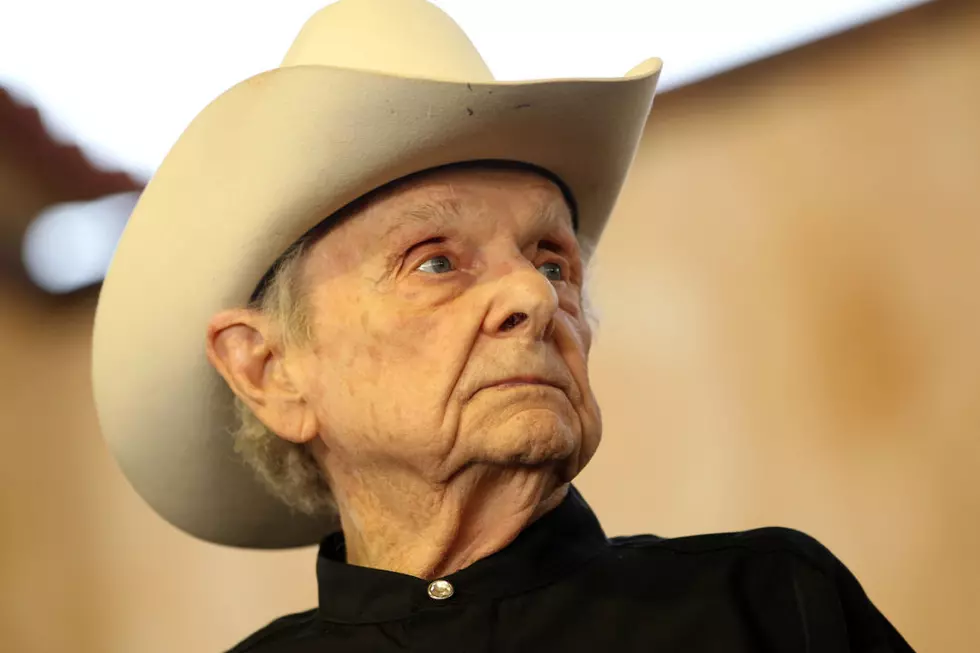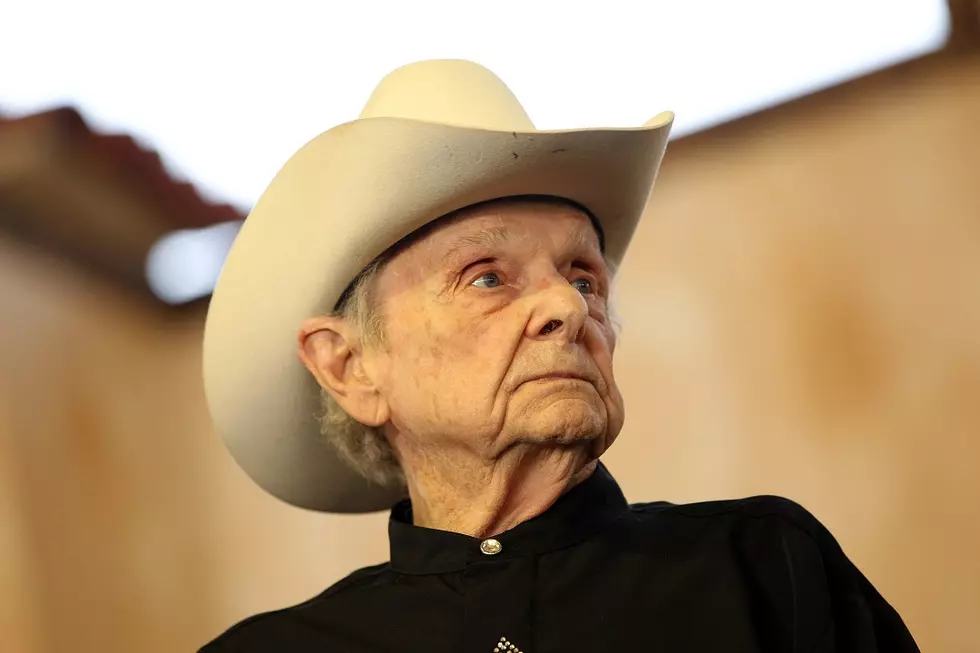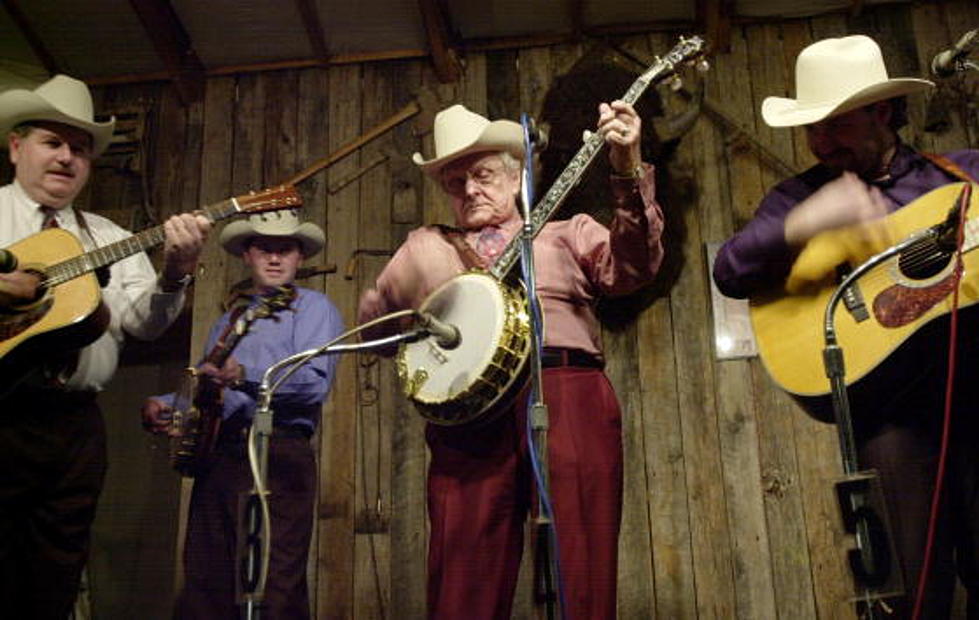
Top 5 Ralph Stanley Songs
Although Bill Monroe deserves the "Father of Bluegrass" moniker for popularizing a new interpretation of very old folk sounds, one game-changing bandleader does not a genre make. Bluegrass doesn’t become its own thing apart from country music over time without other ground-setting pickers following Monroe’s lead. That first wave of Monroe devotees included his former bandmates Lester Flatt and Earl Scruggs and the Stanley Brothers, a groundbreaking duo featuring future legend Dr. Ralph Stanley.
Beginning in 1946, Stanley played alongside his brother Carter (Aug. 27, 1945-Dec. 1, 1966) as leaders of the Clinch Mountain Boys. On some of their most memorable sides, the brothers popularized a trio harmony style while performing with high baritone singer and mandolin player Pee Wee Lambert.
After Carter passed away in 1966, his younger brother Ralph carried on with the Clinch Mountain Boys name. As bandleader, Stanley continued wowing bluegrass audiences with his banjo-picking skills and talents as a vocal harmonizer. Bandmates in the '60s and '70s included such bluegrass ambassadors as Larry Sparks, Roy Lee Centers and a couple of teenagers named Ricky Skaggs and Keith Whitley.
A career that continued until Stanley’s June 23, 2016, deathat the age of 89 kept his family name and his beloved genre relevant and real. The mainstream peak of a career already lauded by critics and peers came when the 2000 film O Brother, Where Art Thou? featured a bone-chilling and Grammy-winning rendition of one of Stanley’s go-to songs, “O Death.”
Picking the five best songs from such an important catalog would be near-impossible, so think of the following as examples of how Stanley’s talents and song choices shaped bluegrass and roots music over time.
- 5
"Man of Constant Sorrow"
Going to the O Brother well so soon almost feels like cheating, but the song that’d go on to share its name with Stanley’s autobiography belongs in any rundown of a 20th century legend’s longevity and talent. It’s one of the great examples of that indescribably earthy singing voice that helps define bluegrass.
- 4
"Hills of Home"
This go-to song for encores allowed Stanley and his supporting cast to honor the memory and music of Carter. It’s part nostalgic song of home and family, part funeral eulogy and a sign that, unlike a lot of famous families, the Stanley Brothers ended their musical career without resentment.
- 3
“The White Dove”
Carter played up the high and lonesome elements of bluegrass when he wrote this future standard. What at first sounds like a carefree trip back to the mountains of Virginia ends up being about a mother and father’s funeral — making it twice as sad as another song his brother Ralph always did justice, “Will the Circle Be Unbroken?”
- 2
"Rank Stranger"
Seemingly every bluegrass lifer turned a few good songs into standards. Stanley’s contributions, with or without Carter, include this claiming of the Biblical promise that we’ll see loved ones again in “a beautiful land by the bright crystal sea.”
- 1
"O Death"
At risk of going with a painfully obvious pick, this song took bluegrass to new audiences for a reason. What probably originated as a church sermon in the 1920s became the ultimate display of Stanley’s weathered vocal delivery and musical fascination with the scriptures.
More From KXRB










